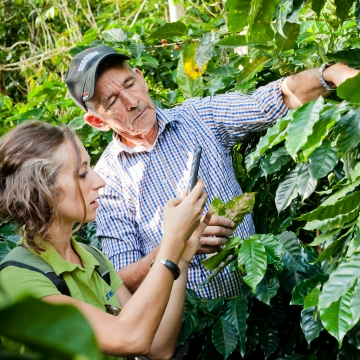Wealth and Time Preference in Rural Ethiopia
This study measured the discount rates of 262 farm households in the Ethiopian highlands, using a time preference experiment with real payoffs. In general, the median discount rate was very high and varied systematically with wealth and risk aversion. Our findings, however, warn that rates-of-time preferences (RTPs) and risk aversion reinforce each other and are easily confused. Because the RTPs were so high, what seem like profitable investments from the outside might not seem so from the farmers’ perspectives.
